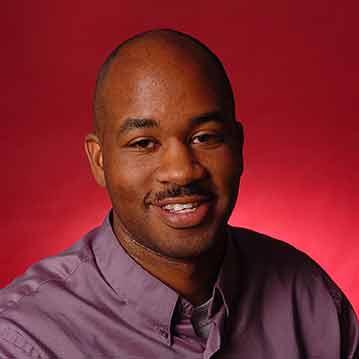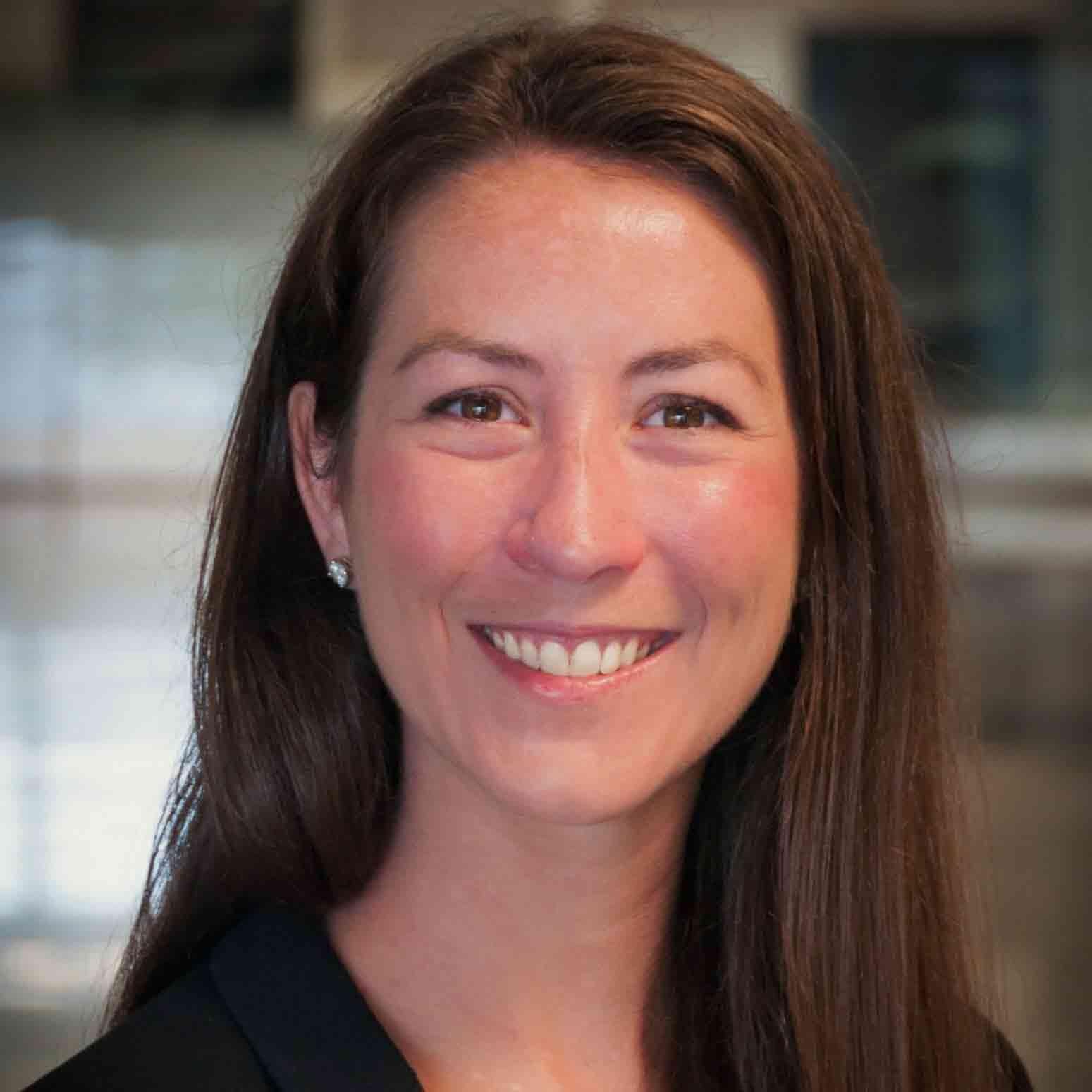Arts
Creative practice as personal expression and social commentary
Introduction
Art—in its infinite forms, functions and implications—is the most accessible and universal way of constructing meaning out of the world we inhabit.
The Arts Scholars program helps students gain a deeper understanding and appreciation of the role that art plays in society and in history. Through a mix of lectures, discussions, demonstrations, collaborative art-making and interactions with guest artists, students consider:
- How art can help us uncover our past and more readily imagine the possibilities of the future;
- How and why art may be used to make an impact or send a message; and
- What different works of art, and personal reactions to them, may signify.
Students will be challenged to conceptualize, articulate and present original ideas through a variety of methods, getting firsthand experience in creative problem-solving and project execution. Ultimately, students will strengthen their personal artistic skill and learn to appreciate a broad spectrum of art disciplines.
The Arts Scholars program attracts a diverse student population from a range of academic disciplines. No matter their area of artistic interest or skill level, students will find themselves immersed in a collaborative learning environment.
Colloquium and Lecture Topics
- What is art? What is “good” art? Understanding social definitions of art and their influence on artistic taste.
- How can we leverage the influence of artistic practice to constructively comment on the depth of our differences, our shared commonalities, and the nuances of identity as individuals and community members?
- What does research look like in the arts? Exploring common methods of creative and artistic research in the professional world.
- In what ways can we embrace creative approaches to identify, address and bring clarity to the societal challenges faced by “you,” “us,” “them” or “other”?
- How can art reshape or recontextualize understanding of our (individual and societal) learned history, biases and beliefs? How can it make visible the invisible?
- West African djembe: Exploring the role of music in community building, storytelling and cultural understanding
I have been challenged to think differently, work cooperatively, embrace creativity and, most importantly, go beyond the limits I have set for myself. Because of this program, I can confidently say I feel infinitely more prepared for the “real world,” and for that confidence and growth, I could never be more grateful.
Other Learning Opportunities
A variety of learning opportunities supplements the Arts curriculum. As an Arts Scholar, you will be introduced to artists, professional ensembles and world-class institutions each semester, through workshops led by guest artists; attendance at live performances in Washington, DC, New York City and on campus; and visits to the Smithsonian's renowned art and history museums.
In addition, you will get a chance to:
- Conceptualize, execute and present a capstone project of your choosing during your second year;
- Participate in service-learning with local schools and arts nonprofit organizations; and
- Cultivate valuable leadership and communication skills through peer mentoring and peer teaching opportunities.
Curriculum Overview
Over the two-year program experience (four semesters), students will complete up to 6 credits of supporting courses that will count toward your Arts Scholars citation. In most cases, these will also fulfill General Education requirements. Note that your Scholars courses—colloquiums, capstone practicum and supporting courses—will generally be in addition to any courses you take to satisfy major requirements.
The following represents a typical two-year curriculum, but individual schedules may vary. Details about courses and requirements can be found on the Arts Citation Checklist.
| SEMESTER | COURSE | CREDITS |
|---|---|---|
| Freshman Fall | Scholars Colloquium | 1 credit |
| Academic Writing (can be taken either Freshman Fall or Spring semesters) | 3 credits | |
| Arts Service Learning (Optional) | 2 credits | |
| 2–4 courses toward degree and major requirements (including possible supporting course) | 6–12 credits | |
| Freshman Spring | Scholars Colloquium | 1 credit |
| Arts Service Learning (Optional) | 2 credits | |
| 3–5 courses toward degree and major requirements (including possible supporting course) | 9–15 credits | |
| Sophomore Fall | Scholars Colloquium | 1 credit |
| 4–5 courses toward degree and major requirements (including possible supporting course) | 12–15 credits | |
| Sophomore Spring | Scholars Colloquium | 1 credit |
| Scholars Capstone | 2 credits | |
| 4–5 courses toward degree and major requirements (including possible supporting course if not already completed) | 12–15 credits |
Sponsoring College
Residence Hall
Bel Air Hall
Faculty


Social Media, Etc.
The Diamondback: UMD students' dance workshop highlights Japanese Butoh style, May 2022
Arts News
What’s Real and What’s Not in ‘Jurassic World Rebirth’: A UMD Paleontologist Explains
“Jurassic World Rebirth,” the latest installment in the blockbuster movie franchise, is out Wednesday, going back to its roots with a high-stakes adventure to a remote tropical island. And streaming on PBS now is the newest iteration of "Walking With Dinosaurs,” a BBC series that brings viewers into the lives of six species, mixing footage of scientists on digs around the world with animated sequences imagining how they lived.
Scholars Faculty, Staff Honored at Annual UGST Awards Ceremony
Each Spring, the Office of Undergraduate Studies hosts a year-end celebration and reception to honor the accomplishments of its faculty and staff.One of the highlights of the ceremony is the presentation of the Donna B. Hamilton Teaching Awards. The Donna B. Hamilton General Education Teaching Award recognizes extraordinary teaching in a General Education course across the whole university based on undergraduate student nominations. The Office of Undergraduate Studies recognizes two faculty members for excellence in teaching each year: one faculty member teaching in an Undergraduate Studies Program, and one faculty member teaching in a General Education Program.
Fifteen Scholars Named Senior Marshals
The University of Maryland Senior Marshals represent graduating seniors who have demonstrated the highest levels of scholarship, service to the campus community, extracurricular involvement, and personal growth.The 70 senior marshals, who carry the banners for schools, colleges and departments, are Spring, Winter, and Summer graduates who have stood out during their time at the University of Maryland for academic excellence, service to the university community, noteworthy extracurriculars and good character. Fifteen of them have received citations from College Park Scholars programs.
A Terp Fossil Hunt, Just Down the Street
Liam Driver ’27 shouted in excitement as he picked up a shard of rock out of orange clay and ironstone on an exposed gray hillside.As his classmates gathered around him, he held out his hand, revealing a sliver of bone in the center of his palm. “That blueish part is what gave it away” as a fossil, he said.It might have been part of a now-extinct species of lungfish 115 million years ago that, per its name, could also breathe outside of the water. It’s one of many animals and plants that once thrived in a lush early Cretaceous waterway that’s now an unassuming excavation site, tucked away at the end of a long drive of warehouses and office buildings in Laurel, Md.
A Tour to Thank Terp Teachers
Sara Tatum '18, a Science, Technology and Society alum, was one of three outstanding teachers in the area who the University of Maryland's College of Education recognized in a daylong blitz during national Teacher Appreciation Week (May 5-9); it did the same last year, and is making this an annual tradition.Waving pom-poms and blasting the Maryland Victory Song, representatives from the University of Maryland College of Education and the life-size Testudo mascot had come to surprise her at Bladensburg High School, where she teaches. math, with balloons, a bag of College of Education-branded swag, and a $1,000 check—along with their gratitude.
Scholars Emerge as Finalists for Maryland Medallion Society Awards
The Maryland Medallion Society is a community of students who have shown exceptional leadership and integrity. These students are also the finalists for the University’s top two prestigious awards: the University of Maryland Model Citizenship Prize and the Wilson H. Elkins Award.This year, several College Park Scholars alumni were finalists for the top two awards – Jhennifer Celestino Alva (Global Public Health), Lily Fleischmann (Public Leadership), Sarang Han (Science and Global Change), Erika Holdren (International Studies), Abigail Manga (Public Leadership), and Kaitlyn Zhou (Public Leadership).
